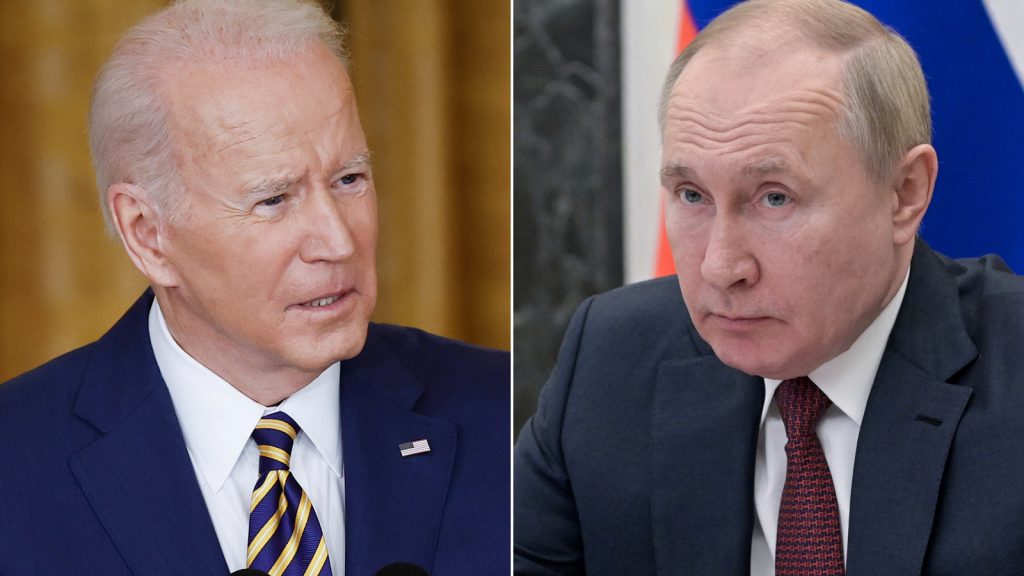Analysis: Biden reveals an uncomfortable truth about NATO’s divide on Russian aggression in Ukraine

They were also met with concern in Europe, where officials and observers said Biden’s candid remarks had turned a spotlight on an uncomfortable truth Europe’s disunity, while less dramatic than Moscow might like, was visible earlier in the week, when French President Emmanuel Macron said the European Parliament should seek to agree a new security deal with Russia and enter its own dialogue with the Kremlin. Macron has long supported the EU taking greater control of its defense and security capabilities and has led calls for a standing European army.However, even EU member states are divided on how far that should go. And countries that previously lived under the rule of the Soviet Union are deeply skeptical of doing anything that might undermine NATO, the US-led military alliance that underpins European security. Most European countries are members of NATO.Riho Terras, a former commander of the Estonia’s military, said, “Macron has an infamous quality to think out of the box and throw ideas that have little to do with the real world,” and that his “proposal to launch the EU dialogue with Russia falls to the same category.”Alexander Stubb, former prime minister of Finland — another country that shares a border with Russia — says that while “strengthening European defense would certainly help, it would not be in Finland’s interest to duplicate what NATO is already doing.” Finland is not currently a NATO member. What impact will Biden’s words actually have on the situation in Ukraine? Experts were divided given the unpredictability of the situation.Terras said Russia invading Ukraine “a bit more” was not something the West should tolerate and that Biden’s comments could “simply encourage Putin to seize the opportunity and launch a ‘minor incursion’ but by his (own) definition.” Velina Tchakarova, director of the Austrian Institute for European and Security Policy, believes that Biden’s comments will have “a devastating psychological effect on the European NATO allies as well as the Ukrainian establishment,” but that they would likely not factor in Putin’s thinking much because “Moscow is used to the diplomatic language of Western officials and does not take it at face value.” Keir Giles, a senior fellow at Chatham House and author of the forthcoming book “How Russia Gets Its Way,” says: “the effect of his comments in Russia may well be just as much confusion they have caused elsewhere, as Russia’s government apparatus struggles to unscramble the mixed messages from Washington.”On the whole, most EU officials that spoke to CNN don’t think that Biden’s comments will prompt a major escalation from the Kremlin. What they are deeply upset by, however, is the finger being pointed at Europe’s disunity on security quite so directly.






